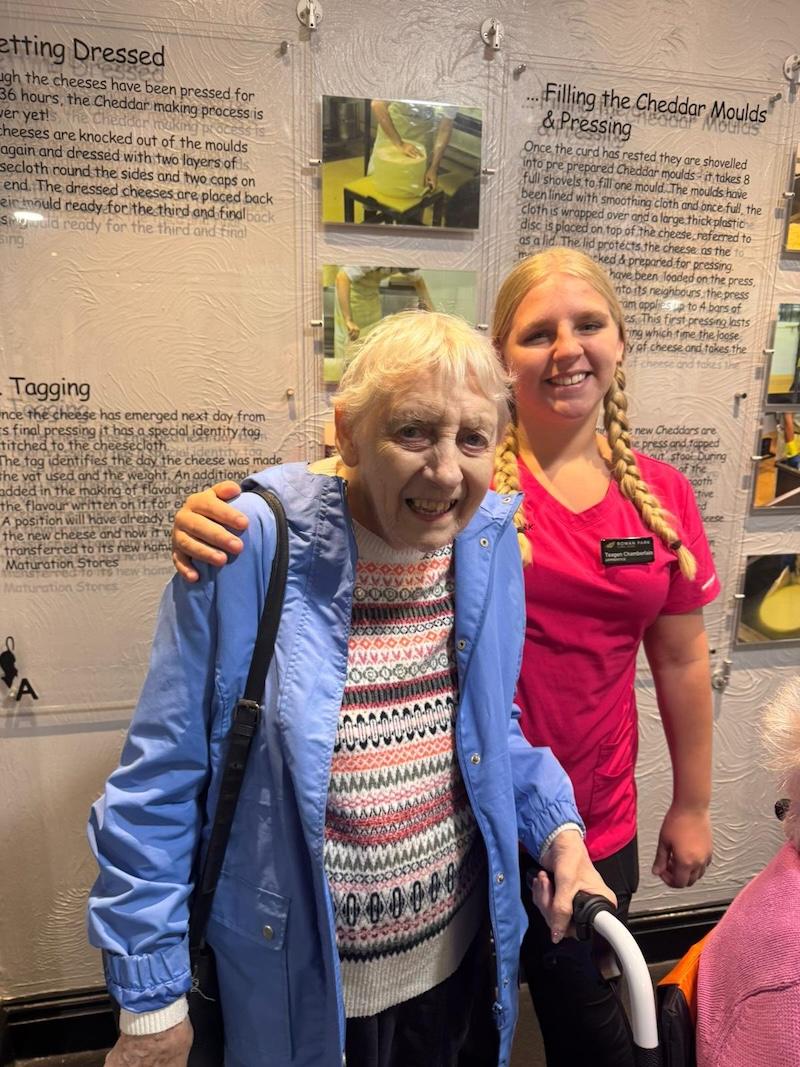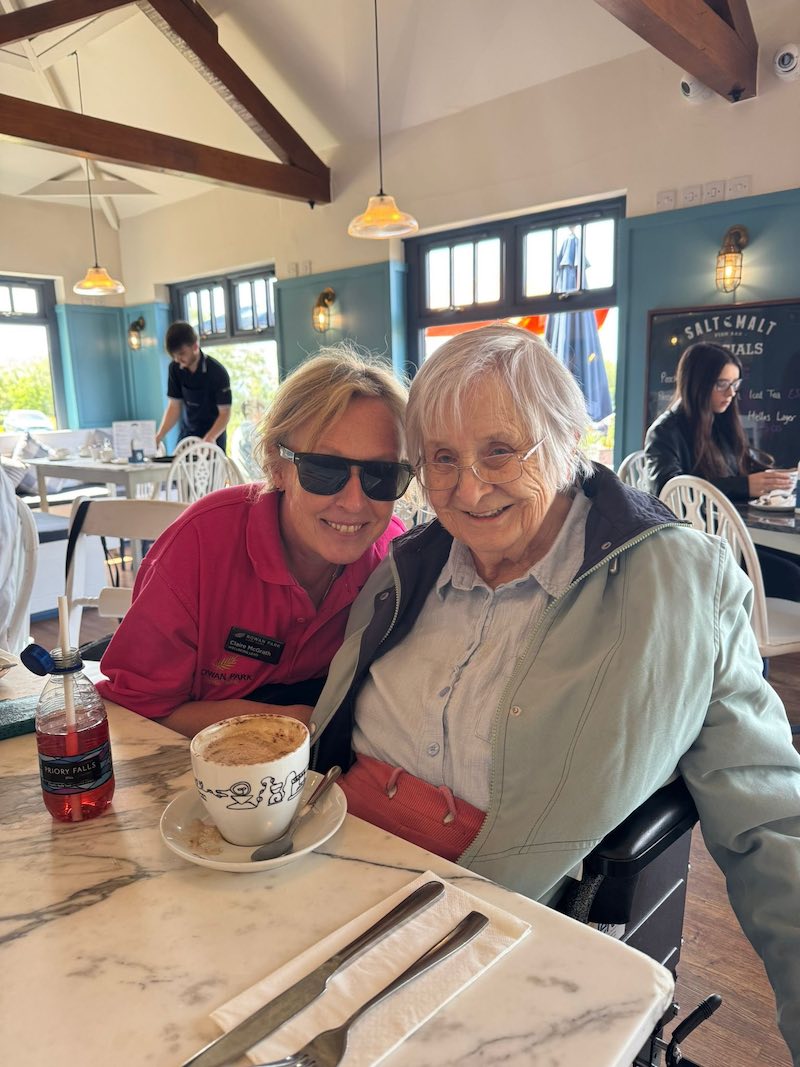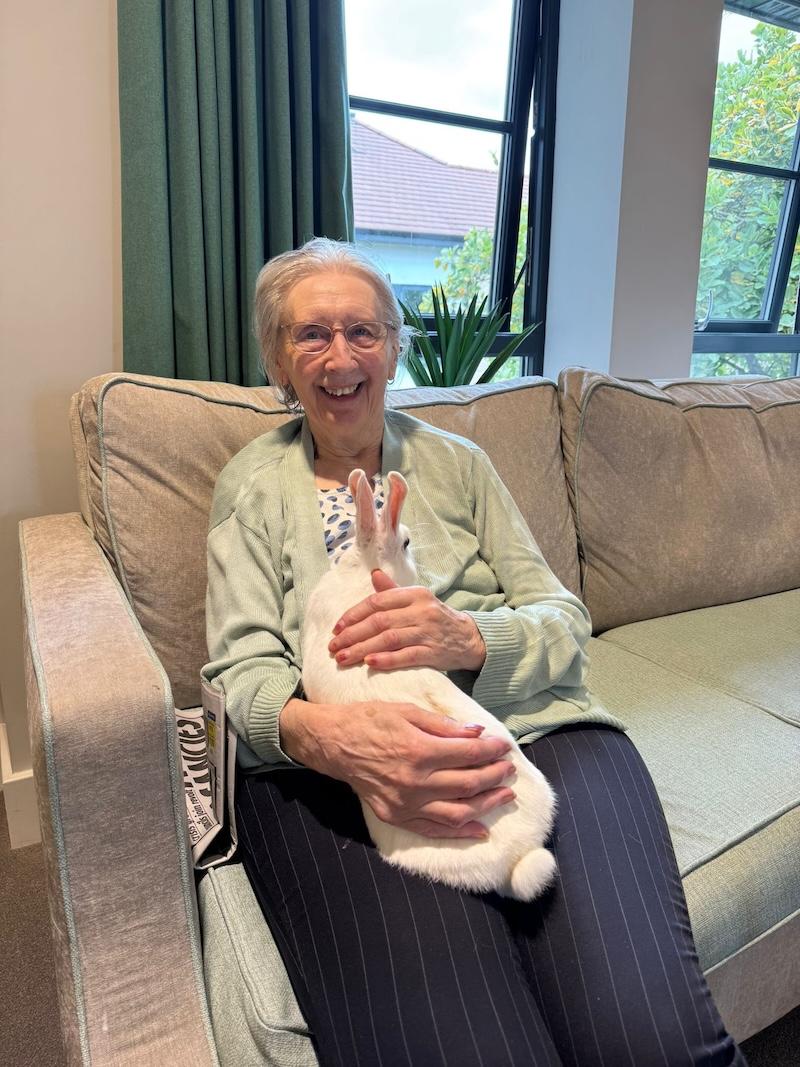The Importance of Person-Centred Care

In the detailed tapestry of care, person-centred care stands out as both essential and transformative. For those living in care homes across the UK, this approach is not just a way of doing things; it's a philosophy that places individuals at the heart of their own care journey.
In this article, we'll look into the significance of person-centred care, exploring its impact on the well-being of residents in UK care homes.
Understanding Person-Centred Care
At its core, person-centred care prioritises the unique needs, preferences and aspirations of each individual. It goes beyond the traditional model of care, moving past routine tasks to embrace a holistic understanding of the person receiving care. In the context of UK care homes, adopting a person-centred approach means recognising the diverse life experiences, values and identities of residents.
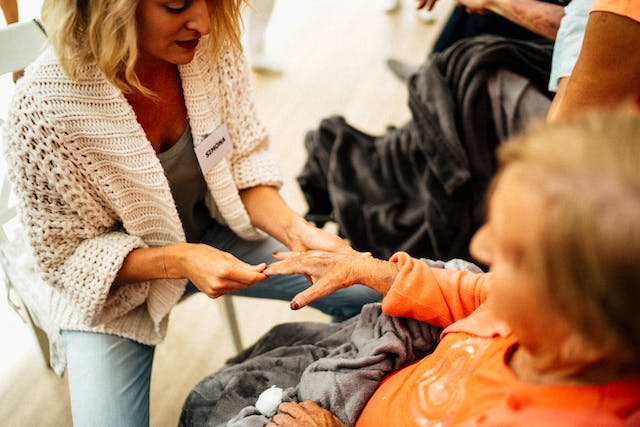
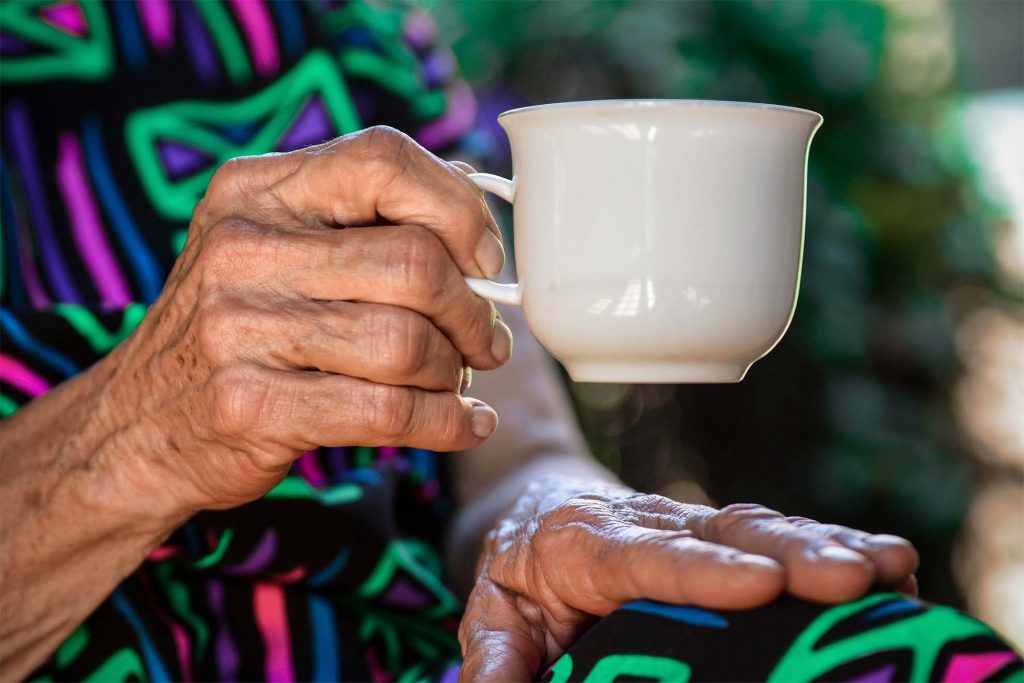
The Essence of Dignity and Respect
One of the foundations of person-centred care is the unwavering commitment to preserving the dignity and autonomy of individuals. In UK care homes, this means acknowledging that residents are not merely recipients of care but individuals with rich histories, unique personalities and a lifetime of experiences. Every interaction and every decision regarding their care is approached with the utmost respect for their inherent worth and the choices that shape their lives.
Every interaction within the care home, from the morning greetings to assistance with daily tasks, is approached with a deep-seated respect for each individual. The care team understands that these seemingly small choices contribute to a sense of control and self-expression, elements vital to maintaining a person's dignity.
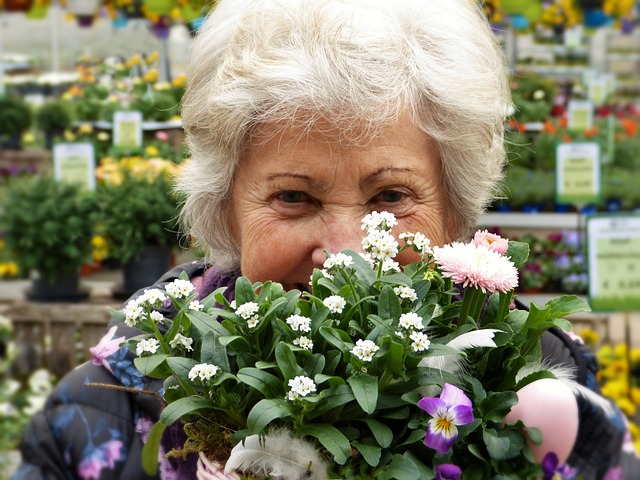
Tailoring Care to Individual Needs
In the realm of UK care homes, person-centred care means tailoring care plans to meet the specific needs and preferences of each resident. Whether it's the daily routine, meal choices, or leisure activities, the goal is to allow individuals to shape their own care journey.
By actively involving residents in decisions about their care, caregivers create an environment where individuality is not only respected but actively encouraged.
Building Genuine Connections
In the bustling world of care homes, person-centred care fosters meaningful connections. Beyond the tasks of caregiving, it emphasises the importance of establishing authentic relationships between residents and caregivers.
Taking the time to understand personal histories, interests and aspirations creates an atmosphere where residents feel seen, heard and truly known. It makes an environment that goes beyond the clinical to embrace the human side of caregiving.
Enhancing Quality of Life
The impact of person-centred care on the quality of life for residents in UK care homes can be significant. When care is tailored to individual needs and preferences, when dignity is preserved, and when genuine connections are forged, the result is a life that is not just sustained but enriched.
Residents are more likely to experience a sense of purpose, joy, and fulfilment when their care aligns with their unique identity and desires.
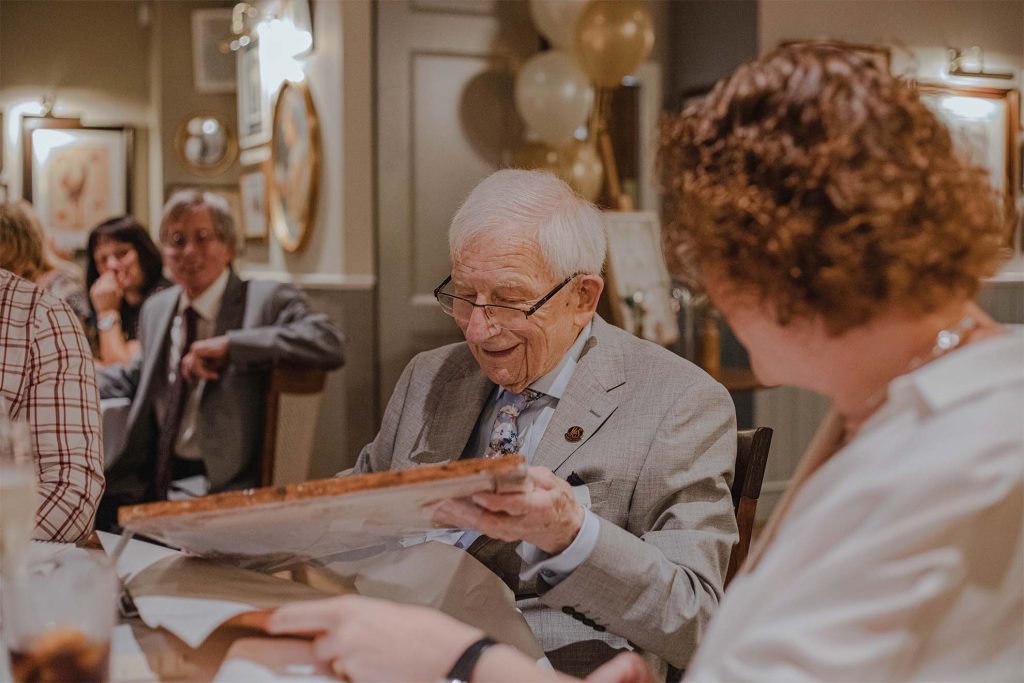
Person-Centred Care in UK Care Homes
Creating a culture of person-centred care requires a collaborative effort from caregivers, healthcare professionals, and the broader care home community. In the UK, where the demand for high-quality care is ever-present, the implementation of person-centred practices involves a commitment to ongoing training, open communication, and a shift in organisational culture.
Training and Education
Ensuring that caregivers in UK care homes are well-versed in the principles of person-centred care is critical. Training programs that emphasise empathy, active listening, and cultural sensitivity ensure caregivers are able to provide care that is not only technically proficient but also emotionally attuned to the unique needs of each resident.
Communication and Collaboration
Open communication between residents, their families and care teams is vital in the implementation of person-centred care. Regular meetings where individuals can express their preferences, concerns, and aspirations contribute to a collaborative care environment.
In the UK, where the diversity of care home residents is significant, cultural awareness and multilingual support further enhance effective communication.
Leadership and Culture
Leadership within care homes plays a pivotal role in establishing and sustaining a person-centred approach. When organisational values prioritise individualised care, caregivers are empowered to embed these principles in their daily practices.
Fostering a culture that celebrates diversity, inclusion, and personhood reinforces the commitment to person-centred care.


Across the breadth of care homes in the UK, person-centred care emerges not only as a methodology but as a beacon of compassionate caregiving. By championing the principles of dignity, customisation, genuine connection, and an enhanced quality of life, person-centred care elevates the care experience for residents.
Person-Centred Care at Rowan Park Care Home
Rowan Park Care Home is a brand new, modern yet traditional care home located in the rural village of Stratton-on-the-Fosse on the edge of the Mendip Hills.
Our boutique care home provides around-the-clock care and luxury accommodation for up to 50 residents across three floors. Each floor has its own community, including Colliers Way on the ground floor, Nettlebridge on the first floor, and Writhlington on the second floor.
We are delightfully situated in a quiet area with surrounding green space, a neighbouring farm, and only 9 miles from the historic city of Bath. Residents will have a range of on-site facilities at their fingertips and be given the opportunity to continue much-loved hobbies, pursue new interests, and form friendships with like-minded people.
If you have any questions regarding the cost of care or the services we provide here at Rowan Park Care Home, then we welcome you to get in touch with us by emailing info@rowanparkcare.co.uk or calling 01761 869 500.
You can also fill out our online form which can be found on our contact page, and a member of our team will get back to you right away.



